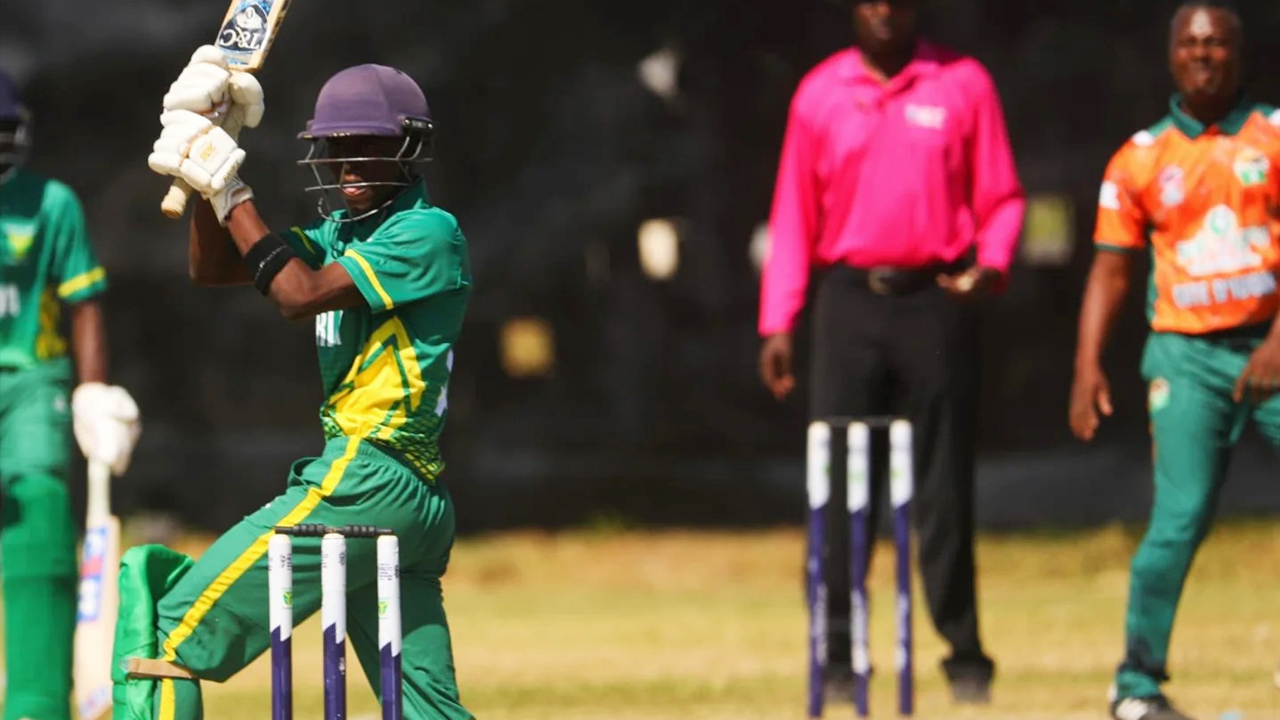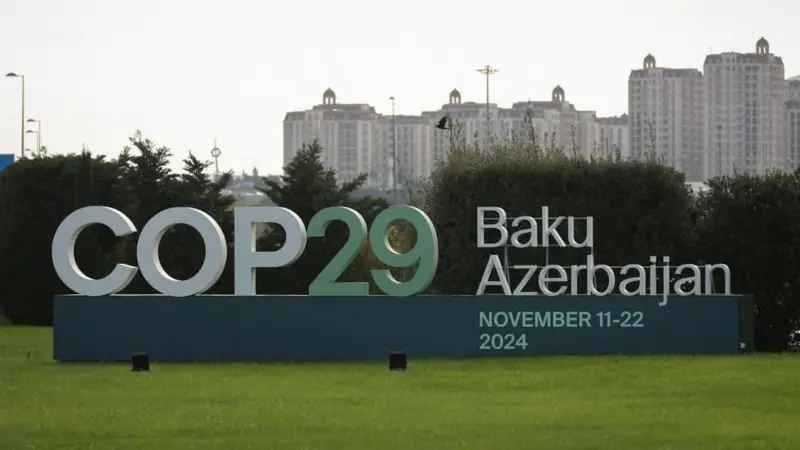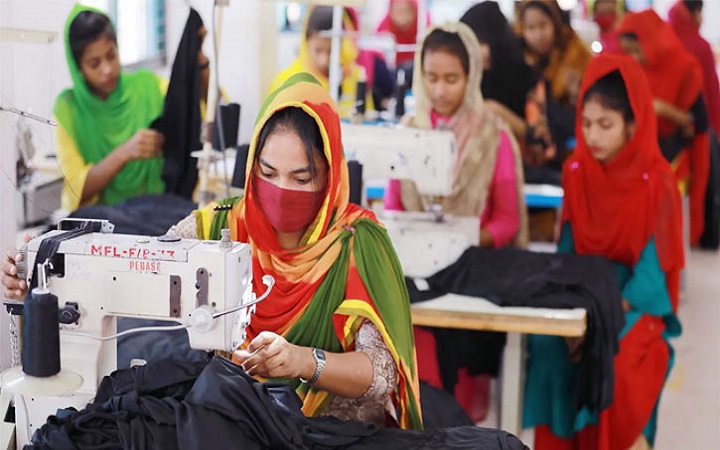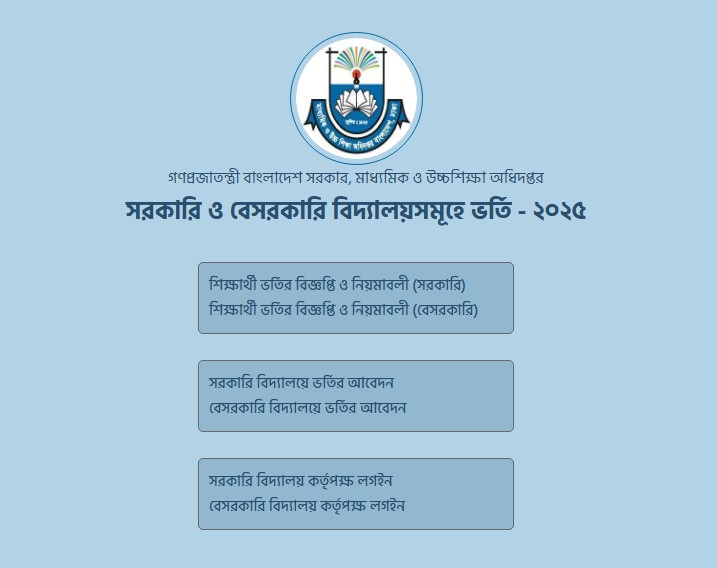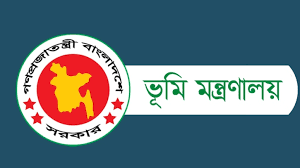Studypress News
Refugees at high risk of coronavirus
19 Mar 2020

Refugees at high risk of coronavirus
শরনার্থীরা করোনা ভাইরাস এর উচ্চ ঝুঁকিতে।
Take all precautions to prevent an outbreak at the camps
ক্যাম্পগুলোতে সংক্রামন ঠেকাতে সতর্কতা গ্রহন
In a report published in this daily yesterday, the WHO spokesperson in Bangladesh warned that refugees are more at risk of infection from communicable diseases because they live in overcrowded camps and settlements. This risk is evident in the refugee camps in Cox's Bazar, which hosts around 1.1 million Rohingya refugees. In fact, Kutupalong alone is home to over 630,000 people and is considered to be the world's largest refugee camp.
গতকাল এই পত্রিকায় প্রকাশিত রিপোর্ট অনুযায়ী ,ডব্লিউএইচও এর একজন মুখপাত্র জানিয়েছেন শরণার্থীরা এই ধরনের ছোঁয়াচে রোগের সংক্রমণ এর উচ্চ ঝুঁকিতে আছে, কারণ তারা ঘনবসতিপূর্ন জায়গায় বাস করে। ঝুঁকির বিষয়টি সহজেই বোঝা যায় কক্সবাজারের শরনার্থী ক্যাম্প এর দিকে তাকালে,যেখানে প্রায় ১১ লক্ষ শরনার্থীর আবাসস্থল। এমনকি কুতুপালং যেটিকে বিশ্বের সবচেয়ে বড় শরনার্থী শিবির বলা হয় ,সেখানেও প্রায় ৬ লাগ ৩০ হাজার লোকের বসবাস।
This population density, which is often coupled with unsanitary conditions, should not be taken lightly now that we are faced with a global pandemic that has already claimed over 7,000 lives worldwide. While the steps taken so far to protect the Rohingya population are commendable—such as restricting entry into the camps and mobilizing Rohingya community leaders to spread awareness on basic hygiene—there is still more that can be done. According to the authorities, aid workers (especially foreigners) are being discouraged to go to the camps, but given that coronavirus has most certainly infected Bangladeshis and we are still unaware of how far it has spread, it is imperative that law enforcement officials and locals working with camp authorities, who are constantly coming and going from the camps, be monitored as well. Given that aid workers also play an important role in supporting the refugee community, these restrictions must be implemented in a balanced manner, especially to ensure that camp inhabitants are able to receive crucial healthcare-related services.
জনসংখ্যার এই ঘনত্ব ,তারসাথে অসাস্থ্যকর পরিবেশ হালকা ভাবে নেয়া উচিত হবে না কেননা আমরা সারা বিশ্বে মহামারীর প্রাদুর্ভাব দেখতে পাচ্ছি যা প্রায় ৭০০০ প্রাণ কেরে নিয়েছে সারা বিশ্বজুড়ে। এখন পর্যন্ত যে ধরনের পদক্ষেপ নেয়া হয়েছে রোহিংগা জনগোষ্ঠীকে রক্ষা করার জন্য তা প্রশংসনীয়- যেমন ক্যাম্পে প্রবেশ রহিতকরন, রোহিঙ্গাদের নেতাদের মাধ্যমে মৌলিক পরিষ্কার পরিচ্ছন্নতা নিয়ে সচেতনতা বৃদ্ধি -এছাড়াও আরো অনেক কিছু করা যেতে পারে। কর্তৃপক্ষ এর মতে, সহায়তা কর্মী বিশেষ করে বিদেশিদের ক্যাম্পগুলোতে যেতে নিরুৎসাহিত করা হচ্ছে।,কিন্তু যেহেতু করোনা ভাইরাস বাংলাদেশিদের মধ্যে দেখা দিয়েছে এবং আমরা এখনও জানিনা তা কতটুকু ছড়িয়ে গেছে ,তার মধ্যে রয়েছে আইন শৃংখলা বাহিনীর লোক ,যারা নিয়মিত ক্যাম্পগুলোতে আসা-যাওয়া করছে ,তাদেরও নিয়মিত পর্যবেক্ষনের মধ্যে রাখতে হবে। বলা বাহুল্য যে,সহায়তা কর্মীরাও গুরুত্বপুর্ন ভুমিকা পালন করে রোহিঙ্গা সম্প্রদায়ের সেবা প্রদানে, তাই তাদের নিষেধাজ্ঞা সুষম হতে হবে বিশেষ করে যাতে ক্যাম্পে বসবাসকারীরা গুরুত্বপূর্ন সাস্থ্য সেবা নিতে পারে।
The UNHCR has also said that coronavirus suspects at the refugee camps would be kept in temporary isolated areas until they are referred to pre-identified isolation units. This is a very good initiative if implemented properly—but how long will it take for the patient to be tested, given that the IEDCR in Dhaka is at present the only healthcare facility in the country that can carry out testing? And if the patient is found to be infected with coronavirus, what steps will be taken then? In this worst-case scenario, the person in question must be allowed to leave the camps and receive proper health treatment in one of the medical facilities in Cox's Bazar that have been prepared with isolation wards and the necessary medical supplies—all of which are not available within the refugee camps. The camps themselves should also be equipped with more toilets and hand-washing facilities as soon as possible to ensure more sanitary conditions.
ইউএনএইচসিআর আরও বলেছে যে শরণার্থী শিবিরগুলিতে করোনাভাইরাস সন্দেহভাজনদের অস্থায়ী বিচ্ছিন্ন স্থানে রাখা হবে যতক্ষণ না তাদের পূর্ব-চিহ্নিত আইসোলেশন ইউনিটগুলিতে রেফার করা হয়। এটি সঠিকভাবে বাস্তবায়িত হলে এটি একটি খুব ভাল উদ্যোগ — তবে এই রোগীর পরীক্ষা করার জন্য কতক্ষণ সময় লাগবে? যেখানে ঢাকার আইইডিসিআর বর্তমানে দেশের একমাত্র সাস্থ্যসেবা প্রদানকারী প্রতিষ্ঠান যা এই পরীক্ষা চালাতে। এবং যদি রোগীকে করোনভাইরাস সংক্রামিত হতে দেখা যায়, তবে কী পদক্ষেপ নেওয়া হবে? সবচেয়ে বাজে পরিস্থিতির মধ্যে, আক্রান্তের আশঙ্কায় থাকা ব্যাক্তিকে বিচ্ছিন্ন ওয়ার্ডে নিতে হবে এবং প্রয়োজনীয় সাস্থ্যসেবা নিশ্চিত করতে হবে যা শরনার্থী শিবিরগুলোতে সহজলভ্য নয়। । শিবিরগুলিকে আরও আরও বেশি টয়লেট এবং হাত ধোয়ার সুবিধাসমূহ দিয়ে সজ্জিত করা উচিত।
The coronavirus will not discriminate between refugee and citizen, and neither should we. During these trying times, we must show our humanity and ensure that utmost precautions are taken to prevent an outbreak in the refugee camps, and that all refugees have access to basic health and sanitation facilities.
করোনভাইরাস শরণার্থী এবং নাগরিকের মধ্যে বৈষম্য করবে না এবং আমাদেরও করা উচিত নয়। এই কঠিন সময়, অবশ্যই আমাদের মানবতা প্রদর্শন করতে হবে এবং শরণার্থী শিবিরগুলির প্রাদুর্ভাব রোধে চূড়ান্ত সতর্কতা অবলম্বন করা উচিত এবং সমস্ত শরণার্থীদের প্রাথমিক স্বাস্থ্য এবং স্যানিটেশন সুবিধা নিশ্চিত করতে হবে।
Important News

Highlight of the week




